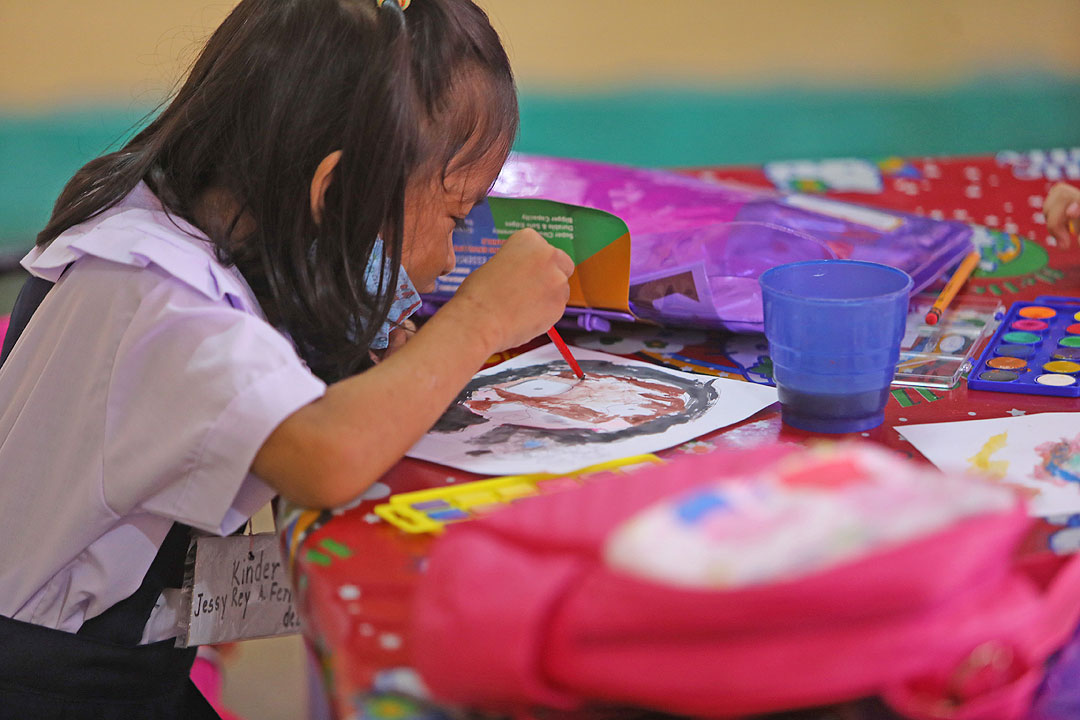Philippines should address low preschool enrollment — Unicef

LOCAL GOVERNMENTS and schools should keep annual data on children aged three to five years and boost ties with their guardians to address low enrollment in early childhood education, according to a United Nations body.
In a statement, the United Nations Children’s Fund (Unicef) said data on how many of these children are enrolled, along with the reasons contributing to their failure to enroll should serve as a basis for “planning and implementing interventions” of schools and local governments.
Low enrollment of children in pre-kindergarten is largely caused by parents’ perception that their children are still too young for school, the UN body said, citing data from the Philippine Institute for Development Studies.
It also cited the unequal distribution of daycare centers between first-class and the lowest-income municipalities.
“Empowering parents and caregivers is also an important factor in learning recovery,” it said.
Among the six countries that participated in the Southeast Asia Primary Learning Metrics 2019 study, Filipino children had the largest gap in test scores between those with the highest-engaging parents and the lowest ones, “denoting that parents’ involvement in academic activities is essential in children’s school performance,” Unicef said.
“Parents and caregivers should be equipped with the right knowledge and skills to be involved in their children’s development and learning, making their academic success more achievable,” it said. It called for activities that nurture parent-child relationships and improve children’s self-esteem and motivation to improve educational outcomes.
Unicef also asked government officials to intensify local actions tied to national education priorities.
It urged the Department of Education to help regional and division offices as well as schools “realign their respective development plans with national directives.”
“Resources and political will to support education should ensure equitable access to education for the most disadvantaged children, including those with disabilities, those living in remote areas, children belonging to indigenous groups and girls,” it added. — Kyle Aristophere T. Atienza



